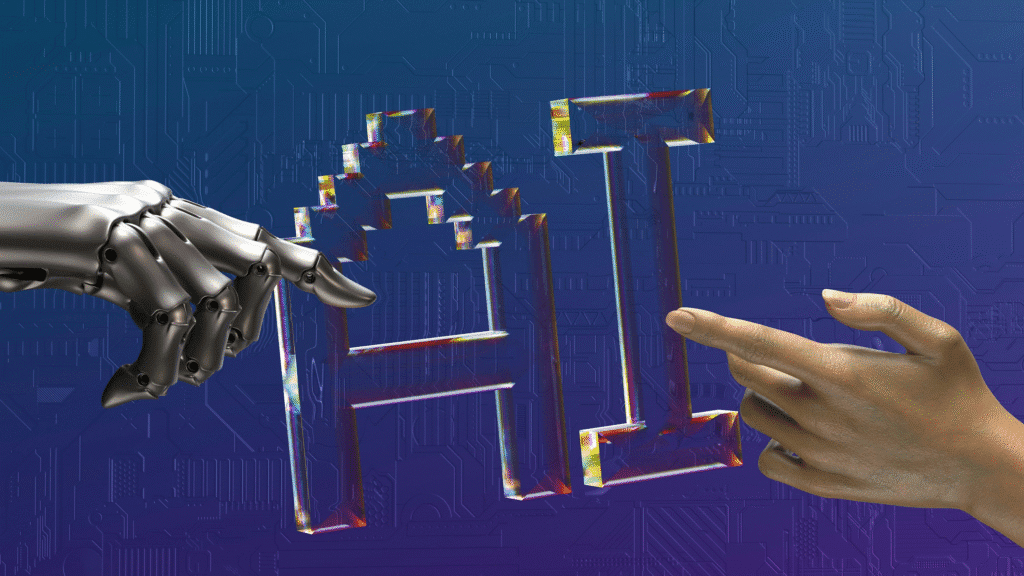The president of a major US labor union has strongly urged Congress to reject a new proposal that would stop states from making their own laws about artificial intelligence (AI) for the next ten years. Sean O’Brien, the leader of the International Brotherhood of Teamsters, which represents over 1.3 million workers, called the plan “a disaster for communities and working people.” In a letter shared on social media, O’Brien argued that the proposal takes away the power of local and state governments to make decisions about AI, leaving big tech companies free to operate without rules.
O’Brien, who spoke at the Republican National Convention last year, said the measure is simply a gift to large tech companies that want to avoid regulation. “Pure and simple, it is a give-away to Big Tech companies who reap economic value by continuing to operate in an unregulated void where their decisions and behavior are accountable to no one,” he wrote. The Teamsters union includes many workers in industries like trucking and delivery, where AI and automation could have a big impact on jobs.
The proposal, supported by some lawmakers, is part of a larger bill on taxes and spending. Supporters say it will help small AI companies by reducing the confusion of dealing with different state laws. They argue that uniform rules will encourage innovation and make it easier for businesses to grow. However, critics like O’Brien believe that preventing states from regulating AI could lead to problems, as there would be no way to hold companies responsible for how they use the technology.

This is not the first time the proposal has faced opposition. Leaders from both political parties have raised concerns about stopping states from making their own AI laws. Some worry that without local regulations, AI could be used in ways that harm workers or invade privacy. Others argue that since AI is developing so quickly, states should have the flexibility to create rules that fit their needs.
The debate comes at a time when AI is becoming more common in workplaces across the country. From self-driving trucks to automated customer service, businesses are using AI to cut costs and improve efficiency. While this can lead to faster and cheaper services, it also raises concerns about job losses and unfair treatment of workers. Unions like the Teamsters want to make sure that as AI grows, workers’ rights are protected.
O’Brien’s letter is part of a larger effort by labor groups to influence how AI is regulated. Many unions believe that without strong rules, companies could use AI to replace human workers or make jobs more difficult. They argue that local governments should be able to step in if federal laws are not strong enough.
The proposal is expected to be voted on soon in the US Senate, and the outcome could shape how AI is used in America for years to come. If the ban on state regulations passes, it could mean fewer protections for workers and consumers. But if Congress rejects the idea, states may be free to create their own rules, which could lead to a mix of different laws across the country.
For now, O’Brien and other labor leaders are pushing hard to stop the proposal. They want lawmakers to think about how AI affects everyday workers, not just big businesses. As technology continues to change the way people work, the fight over who gets to control it is only getting more intense.
AI is a powerful tool that can do amazing things, but without the right rules, it could also cause problems. The Teamsters and other groups are calling for a balanced approach—one that encourages innovation but also protects workers and communities. The decision Congress makes now could determine whether AI helps or hurts American workers in the long run.
As the debate continues, many people will be watching closely to see what happens. Will lawmakers side with big tech companies, or will they listen to the concerns of workers? The answer could have a major impact on jobs, privacy, and the future of AI in the United States.
One thing is clear: AI is here to stay, and how it is regulated will shape the lives of millions of people. Whether through federal laws or state rules, finding the right balance will be key to making sure technology benefits everyone, not just a few powerful companies.
For now, unions like the Teamsters are making their voices heard, hoping that Congress will think twice before taking away the rights of states to regulate AI. The next few weeks could be crucial in deciding the future of AI in America—and the future of work for countless Americans.
The discussion over AI regulation is just beginning, and with so much at stake, it’s a debate that will likely continue for years to come. Workers, businesses, and lawmakers all have a role to play in shaping how AI is used, and the decisions made today could have lasting effects for generations.








